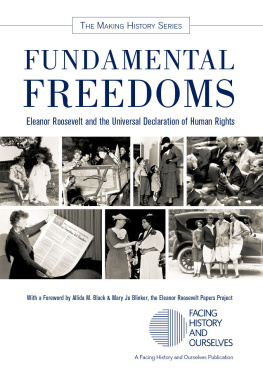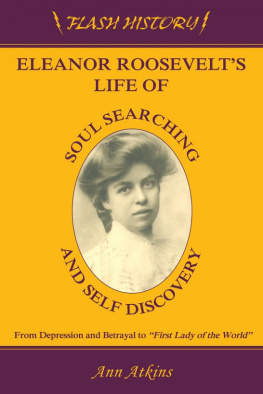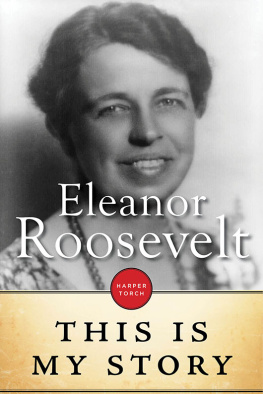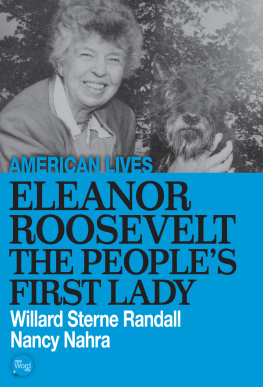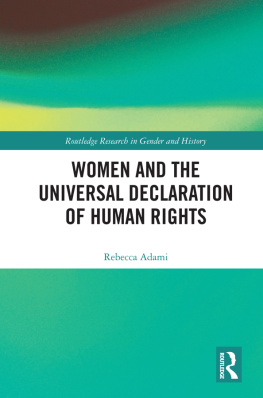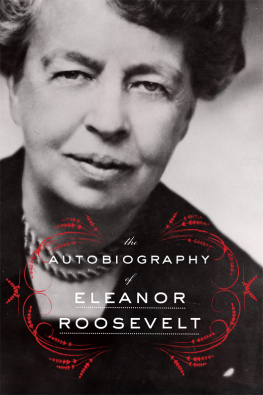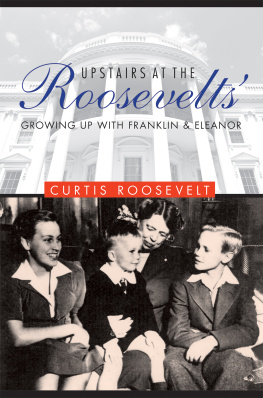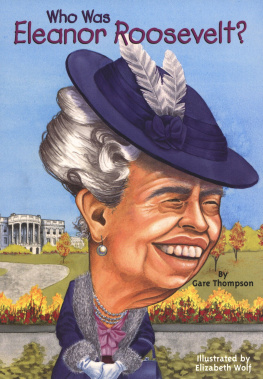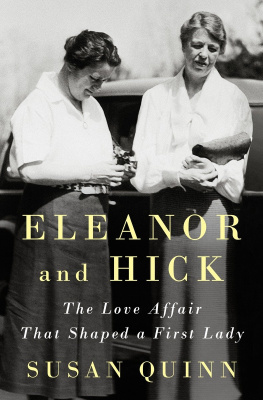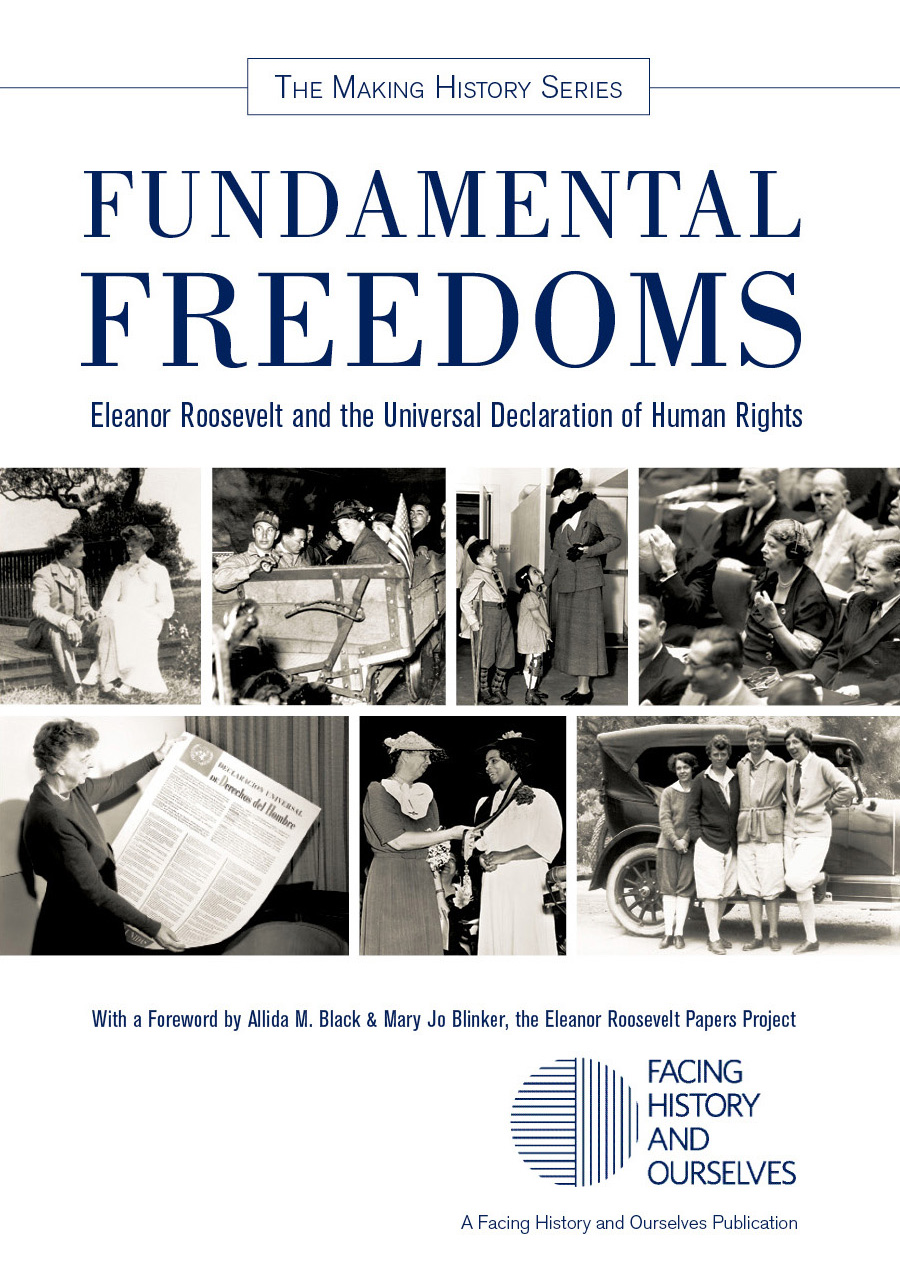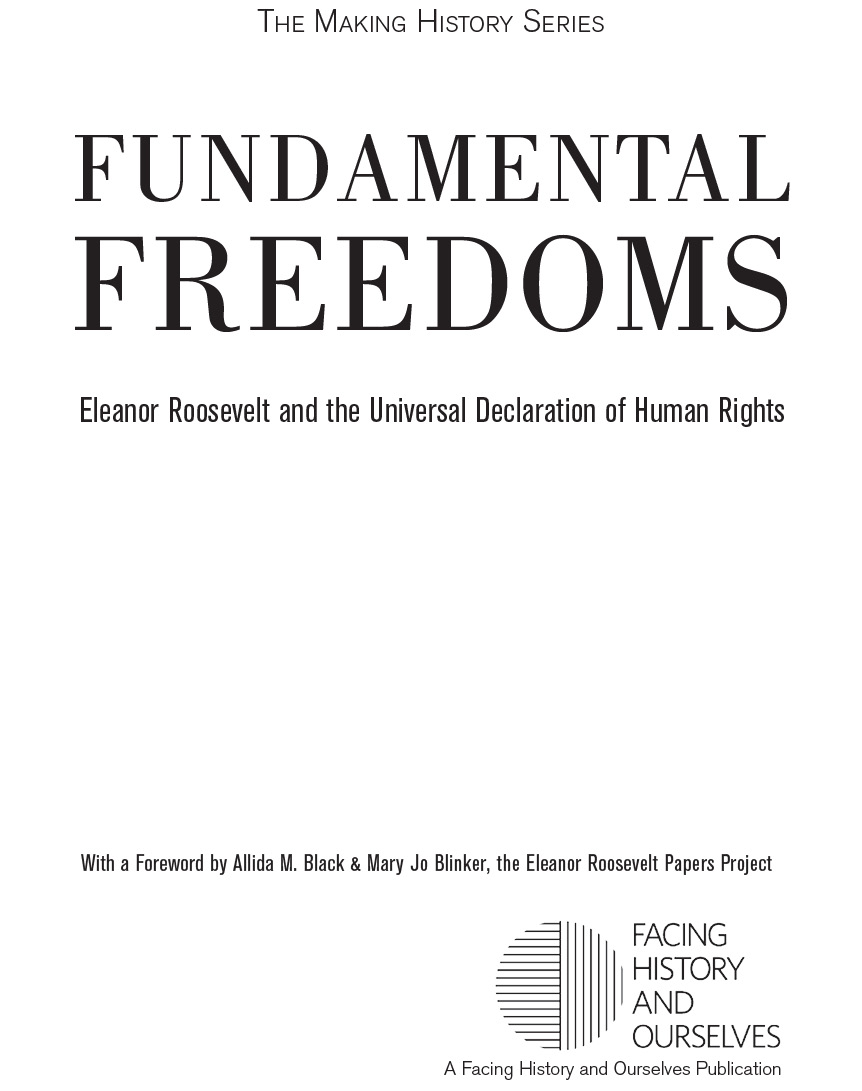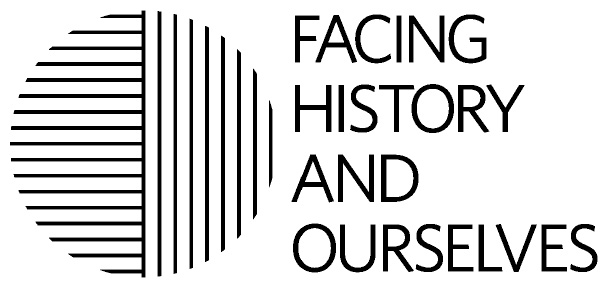About Facing History and Ourselves
Facing History and Ourselves is a nonprofit educational organization whose mission is to engage students of diverse backgrounds in an examination of racism, prejudice, and antisemitism in order to promote a more humane and informed citizenry. As the name Facing History and Ourselves implies, the organization helps teachers and their students make the essential connections between history and the moral choices they confront in their own lives, and offers a framework and a vocabulary for analyzing the meaning and responsibility of citizenship, and the tools to recognize bigotry and indifference in their own worlds. Through a rigorous examination of the failure of democracy in Germany during the 1920s and 1930s, and the steps leading to the Holocaust, along with other examples of hatred, collective violence, and genocide in the past century, Facing History and Ourselves provides educators with tools for teaching history and ethics, and for helping their students learn to combat prejudice with compassion, indifference with participation, myth and misinformation with knowledge.
Believing that no classroom exists in isolation, Facing History and Ourselves offers programs and materials to a broad audience of students, parents, teachers, civic leaders, and all those who play a role in the education of young people. Through significant higher education partnerships, Facing History and Ourselves also reaches and impacts teachers before they enter their classrooms.
By studying the choices that led to critical episodes in history, students learn how issues of identity and membership, ethics and judgment, have meaning today and in the future. Facing History and Ourselves resource books provide a meticulously researched, yet flexible, structure for examining complex events and ideas. Educators can select appropriate readings and draw on additional resources available online, or from our comprehensive lending library.
Our foundational resource book, Facing History and Ourselves: Holocaust and Human Behavior, embodies a sequence of study that begins with identityfirst, individual identity, and then group and national identities, with their definitions of membership. From there, the program examines the failure of democracy in Germany, and the steps leading to the Holocaustthe most documented case of twentieth-century indifference, dehumanization, hatred, racism, antisemitism, and mass murder. It goes on to explore difficult questions of judgment, memory, and legacy, and the necessity for responsible participation to prevent injustice. Facing History and Ourselves then returns to the theme of civic participation to examine stories of individuals, groups, and nations who have worked to build just and inclusive communities, and whose stories illuminate the courage, compassion, and political will that are needed to protect democracy today, and in generations to come. Other examples in which civic dilemmas test democracy, such as the Armenian Genocide and the U.S. civil rights movement, are presented to expand and deepen the connection between history and the choices we face todayand in the future.
Facing History and Ourselves has offices or resource centers in the United States, Canada, and the United Kingdom, as well as in-depth partnerships in Rwanda, South Africa, and Northern Ireland. Facing History and Ourselves outreach is global, with educators trained in more than 80 countries, and delivery of our resources through a website accessed worldwide with online content delivery, a program for international fellows, and a set of NGO partnerships. By convening conferences of scholars, theologians, educators, and journalists, Facing History and Ourselves materials are kept timely, relevant, and responsive to salient issues of global citizenship in the twenty-first century.
For more than 30 years, Facing History and Ourselves has challenged students and educators to connect the complexities of the past to the moral and ethical issues of today. They explore democratic values and consider what it means to exercise ones rights and responsibilities in the service of a more humane and compassionate world. They become aware that little things are bigthat seemingly minor decisions can have a major impact, and change the course of history.
For more about Facing History and Ourselves, visit our website at www.facinghistory.org.
Acknowledgments
P rimary Writer: Dan Eshet
From its inception, Fundamental Freedoms: Eleanor Roosevelt and the Universal Declaration of Human Rights has been a collaborative effort. Facing History and Ourselves extends gratitude to all who contributed to the development of this publication.
We would like to thank Jill Garling and Thomas Wilson for their generous support of the Making History Series. It is a great pleasure to thank Allida M. Black, project director at the Eleanor Roosevelt Papers Project and professor of history and international affairs at George Washington University, as well as her staff. Allidas affectionate writings about Eleanor shaped our views of ER as an independent political activist and as one of the most progressive and influential thinkers of her generation. Sam Gilbert, our long-time editor, spent many hours improving the style of this text. We thank him for his passionate work on this project. We would also like to thank Daniel Cohen, a dear friend and professor of history at Rice University, who read the text several times and whose advice and thoughtful discussions, shaped not only the text of this book, but also the way we thought about and approached the Universal Declaration of Human Rights. Carol Hillman, chair of the Honoring Eleanor Roosevelt Project at Val-Kill, also made valuable contributions to the discussions of Eleanors role in the creation of the Universal Declaration of Human Rights. Special thanks to Mary Ann Glendon, who advised at critical stages during development, especially around issues of cultural differences as they played out in the UDHR drafting process. We thank the staff of the Franklin D. Roosevelt Presidential Library for their patience, advice, and cooperation throughout the research process. We also want to thank Sharon Lindenburger who reviewed the manuscript in its later drafts and enhanced its style. We also want to thank the design and editorial teams at Brown Publishing Network for their solid judgment and devotion in producing this resource.

